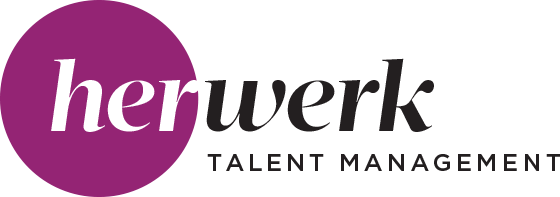
Women at work: Is your company up with the times? Part 2
Be more inclusive of women. It may sound simple, but many employers don’t know where to start when it comes to empowering women at work. And as women in the workforce, what can we do to help our colleagues adopt a more inclusive mindset? In Part 2 of this Q&A series, employment attorney Diana M. Estrada of the global law firm Wilson Elser gives some tips based on her expertise and experience as a woman:
If you could tell companies all over the country to do one thing, what would it be?
Walk the walk. Having all the right laws, policies, and procedures in handbooks and mission statements is one thing, but actually making sure leadership understands the necessity and purpose behind policies aimed at inclusiveness is crucial. Sometimes employers have all the best intentions of following the letter of the law and go through the time and expense of getting their policies and procedures updated on a regular basis to be more inclusive, but don’t hold themselves accountable to them to affect progress. It’s important that companies self-critique and audit their practices not only to ensure they’re compliant with federal, state, and local laws, but also to further their efforts to have a diverse and inclusive culture.
If an employee feels that they may be a victim of gender discrimination, what should s/he do?
S/he should immediately address the issue with the human resources department. The more incidents that are reported, the more pressure companies will feel to correct course. It’s important that companies promptly respond to and investigate complaints of harassment and/or discrimination, and make sure anti-retaliation measures are enforced.
As a woman who’s been practicing law for a long time and who has risen the ranks to be a partner at a global law firm, what personal advice would you give to women entering the workforce?
Believe in yourself. While it may sound simple and cliché, believing in yourself and being confident (or at least giving the impression that you’re confident) is crucial to career advancement. Always remember that you deserve to hold the position you hold and fight any feelings you may have otherwise. Embrace every loss or let down as a learning opportunity rather than dwelling on it, and you’ll continue on the path toward your goals.
It’s very important to work hard to establish a good reputation and enlist the help of others to support and promote you in your field. Women can sometimes be uncomfortable with self-promotion but, just as businesses rely on self-promotion to be successful, tooting our own horns to make our accomplishments known makes a better workplace for everyone.
Seeking out a mentor is also extremely beneficial. I have been fortunate enough to have had some great mentors throughout my career, which in turn inspired me to be one. Mentoring others is not only rewarding, but it is simply the right thing to do if you want to foster inclusiveness and advancement.
Finally, if/when you are on the receiving end of a micro-inequity (i.e., a slight that demeans or marginalizes), call it out. You can do it diplomatically while also getting your point across. I always do so in a non-confrontational or even comical manner to drive the point home. People usually get the message and appreciate the education. You’ll feel empowered because you’ll know you stood up for yourself. When we stay silent on these matters, they tend to linger in our minds and waste energy that could be put to something much more useful. You can help turn this into something positive by educating those around you, continuing your path forward, and helping other women do the same!

